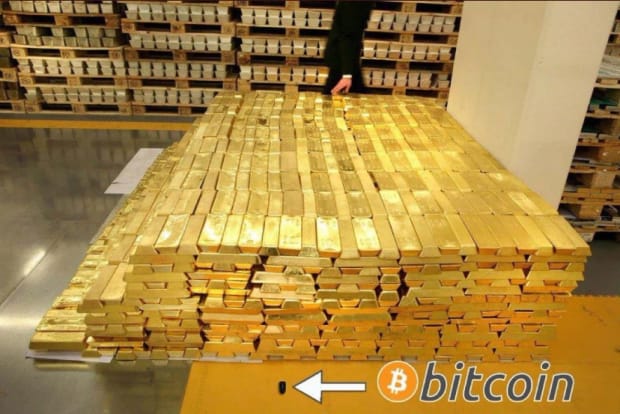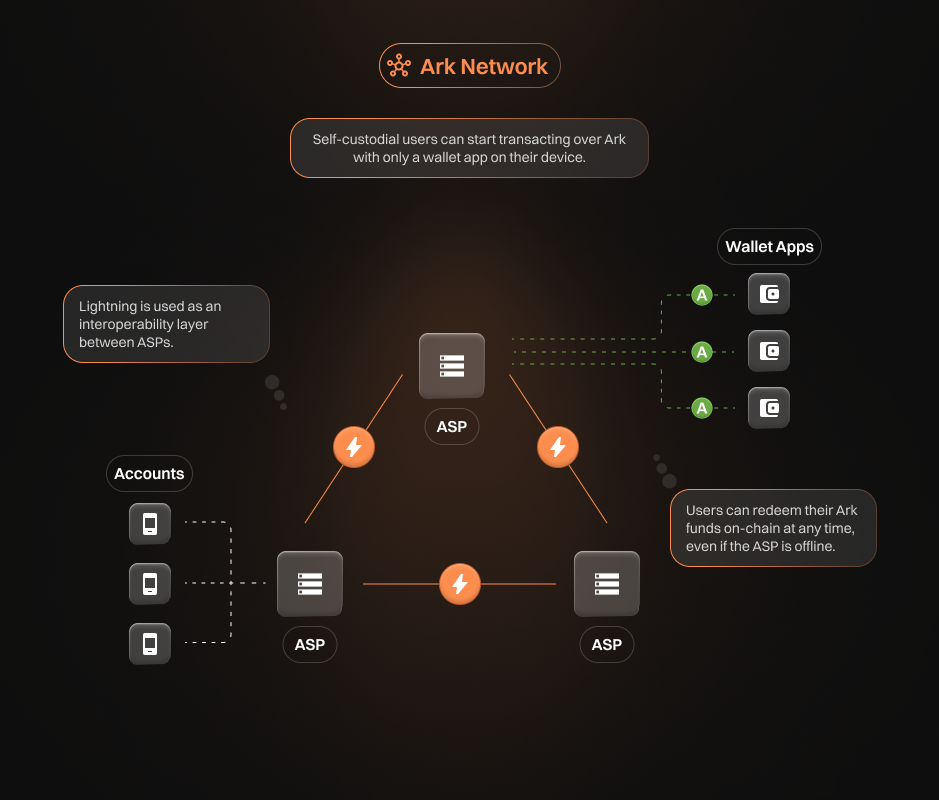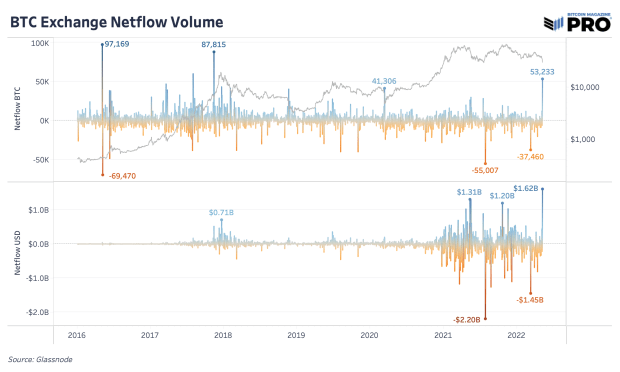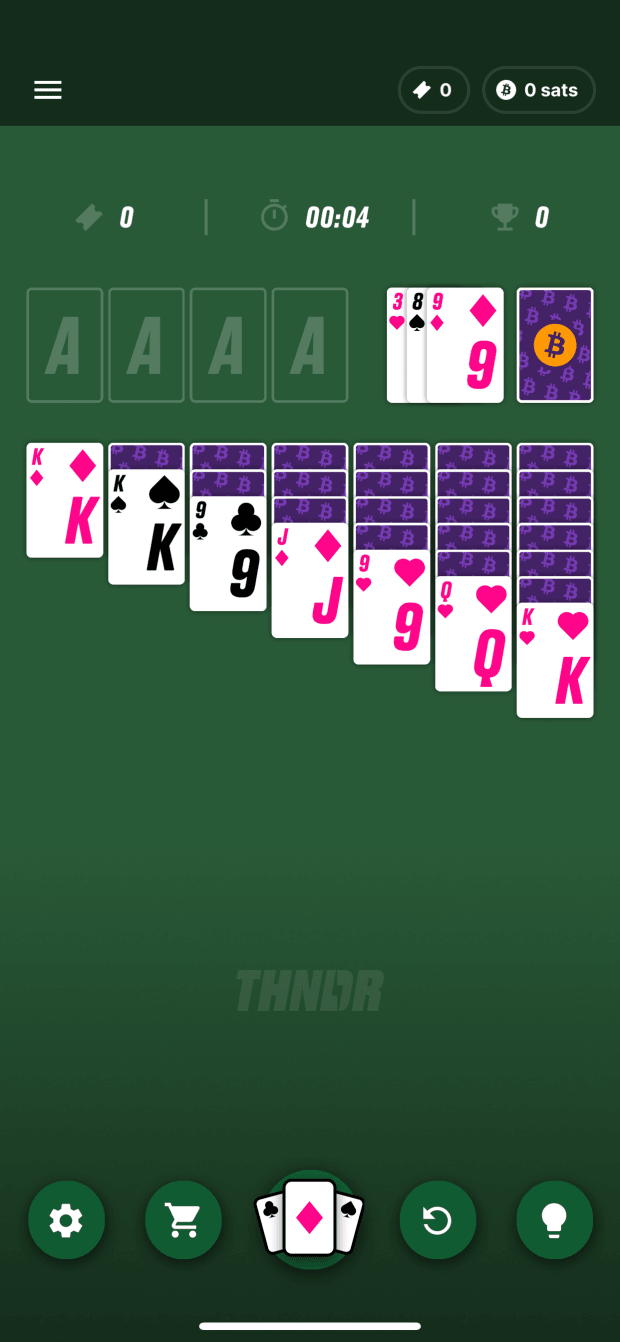EU Calls Crypto Market ‘Anticompetitive,’ Says Central Bank Coin Would Help
In a wider report on market competition in fintech, the European Union’s Policy Department for Economic, Scientific and Quality of Life Policies devoted a section to “digital currencies,” denoting two varieties: “private digital currencies … and central bank-issued currencies.”
Both types “rely on distributed ledger technologies, like blockchain,” the report says; however, a blockchain-based central bank currency does not currently exist (though plenty of countries are thinking about implementing one).
“Examples of private digital currencies,” it continues, “are Bitcoin, Ethereum, LiteCoin [yes, actually capital C], and Ripple.” Even while calling them “digital currencies,” the report does distinguish the difference between centralized digital currencies and proper cryptocurrencies. The report also endorses Bitcoin’s disruptive potential, echoing comments made by the EU’s legislative peers across the pond in last week’s Libra hearings.
“These cryptocurrencies offer technological and operational paradigms that are a source of disruption for the entire sector, including monetary policy and financial stability,” the report reads.
The EU’s Competition Concerns
Bitcoin and ether, however, are sucking up too much cryptocurrency market share, the report argues. In March 2017, they collectively “accounted for 88 percent of the total cryptocurrency market capitalisation … a relevant indicator of the current market concentration.” In March 2015, bitcoin’s was 86 percent alone (currently, it’s just under 70 percent).
The policy department appears to view bitcoin and ether’s market dominance as evidence of a problem with competition among cryptocurrencies.
“Competition problems of the [cryptocurrency] market are quite sophisticated, given the complex activities that are part of the value chain,” the report reads. One of the more complex anticompetitive trends, it claims, is “the presence of network effects” that can lead to “an increasingly high number of users,” which reads like a veiled euphemism for free market dynamics.
To the EU, the obvious “remedy” to challenging the market’s choice of bitcoin as its favored cryptocurrency is a central bank digital currency.
“The arrival of permissioned cryptocurrencies promoted by banks, even by central banks, will reshape the current competition level in the inter-cryptocurrency market, broadening the number of competitors,” the EU argues, in the same report which branded cryptocurrencies as “a source of disruption,” for the monetary policies of these central banks. Given this, one might wonder if the EU is rooting for the little guy against bitcoin’s “large market power” or if it’s trying to catch up.
“Cartel” of Bitcoin Services
The EU acknowledges that “[m]any of [the cryptocurrency market’s] players operate from global locations outside the jurisdiction of European competition authorities, which makes investigation or prosecution on anti-competitive behaviours more difficult.” Even so, it’s keeping its pulse on cryptocurrency’s auxiliary markets.
It’s particularly worried about so-called “vertical integration strategies,” wherein “[e]xchange, wallet and payment providers may design behaviour practices to exclude each other from the market, e.g., by receiving incentives from miners favouring a specific cryptocurrency, or from certain dominant players trying to exclude competitors in other activities.”
Citing particulars, the report says that five exchanges account for 75 percent of all of the market’s volume. It also calls bitcoin mining “a non-contestable market because of the presence of high barriers of entry” energy and hardware costs create. (Right now, the top-five known mining pools account for 64.7 percent of the network’s hashrate).
Still, it’s seemingly comfortable with the fact that Europe houses 42 and 37 percent of all wallet and exchange providers, respectively, as well as 33 percent of crypto payment platforms. To its detriment, Europe only occupies a paltry (13 percent) share of global mining efforts, which it calls “the most strategic, sophisticated and technology dependent activity in [the market].”
The post EU Calls Crypto Market ‘Anticompetitive,’ Says Central Bank Coin Would Help appeared first on Bitcoin Magazine.









